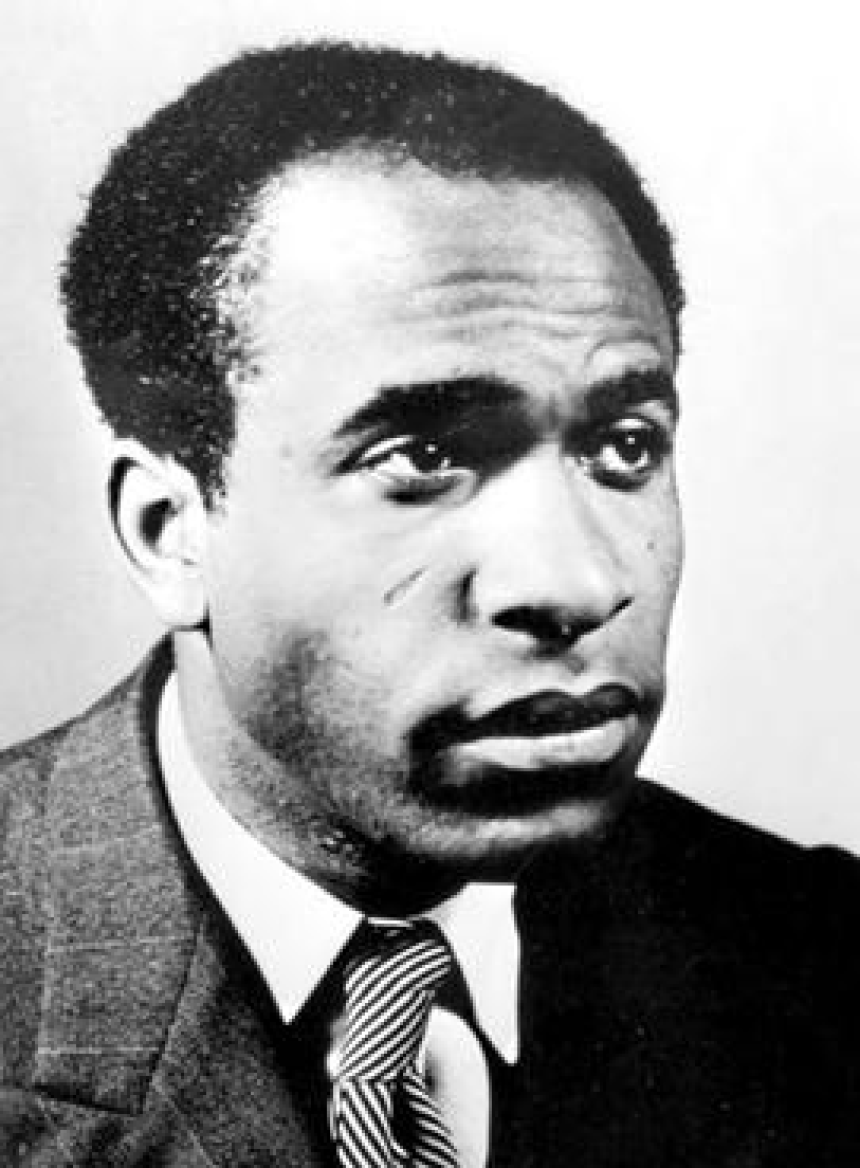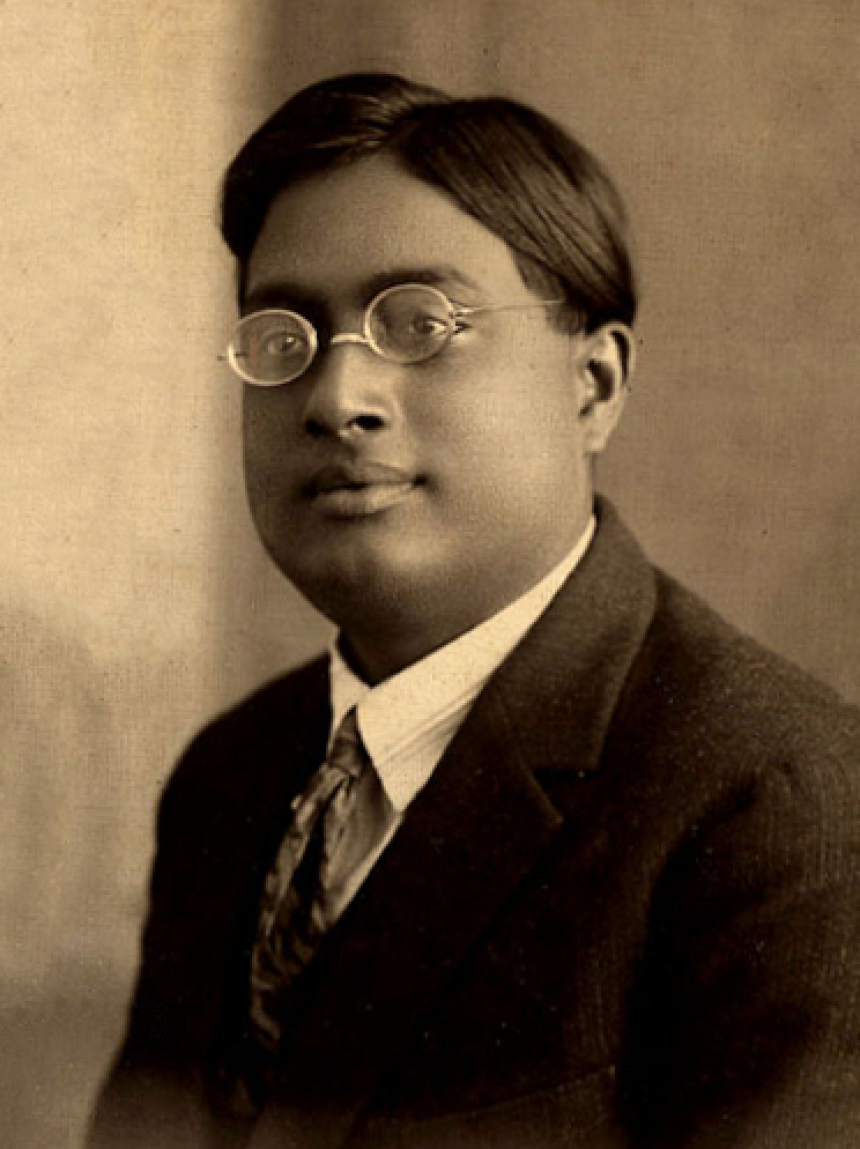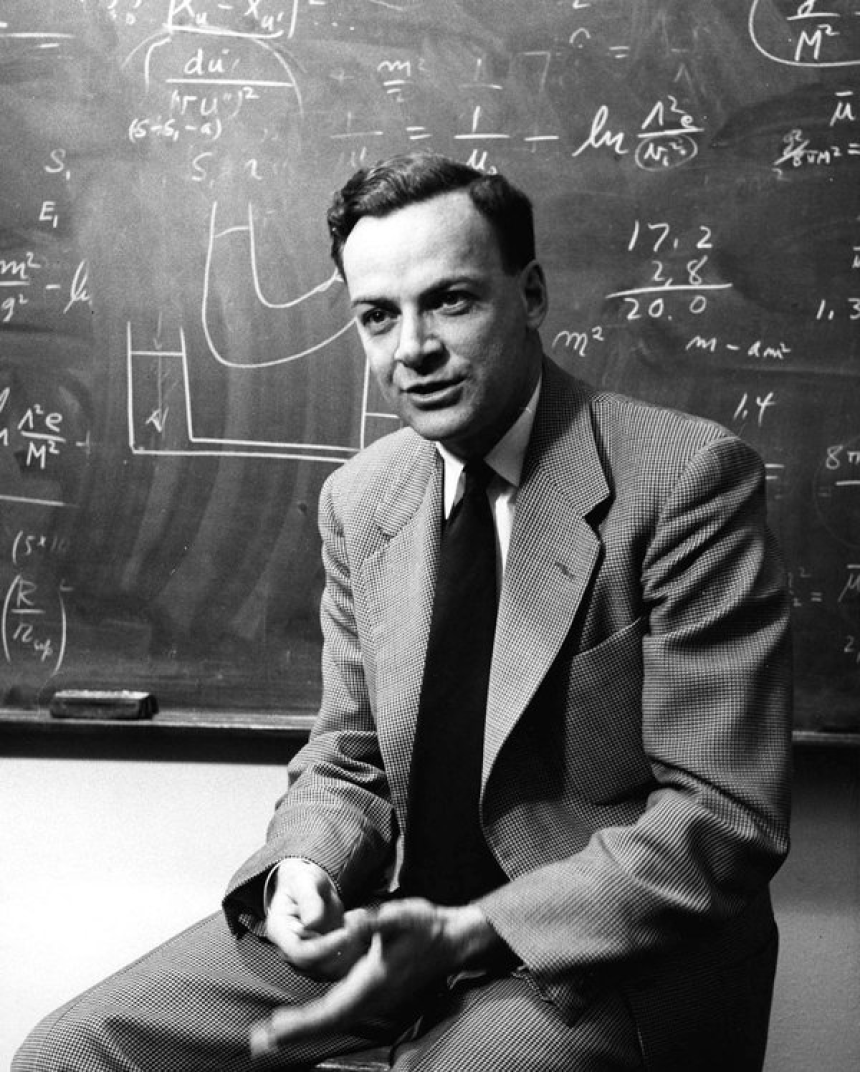
Is Time Really Slowing Down? The Shocking Truth About Time Dilation That Science Doesn't Want You to Know!
Explore the mysteries of time dilation. We delve into the science, reality, and implications of this mind-bending phenomenon, redefining your understanding of time. Your journey to the future starts here.
Understanding Time Dilation: A Voyage into the Intricacies of Time
In our everyday lives, time is a fixed entity that runs like clockwork - each minute taking its turn, hour by hour. Yet, when we venture into the realm of physics, this apparently rigid construct becomes wonderfully elastic. Today, we will embark on a thrilling exploration of an exciting concept known as Time Dilation.
An Introduction to Time Dilation
When we delve into the mysteries of Einstein’s Special Theory of Relativity, we encounter a peculiar phenomenon called time dilation. Time dilation signifies that time ticks differently for observers in different states of motion or at different gravitational potentials. Simply put, time can appear to 'slow down' or 'speed up' depending on one's perspective.
Unveiling the Magic of Relative Velocity
The first facet of time dilation we'll examine arises from the concept of relative velocity. Imagine you're observing a spacecraft cruising at a speed close to that of light. From your viewpoint, time within the spaceship would seem to tick slower than time on Earth. This is known as time dilation due to relative velocity.
Contrarily, for those onboard the spaceship, their wristwatch would run at the standard pace. If they could observe Earth's time, they would see it rushing ahead. This disparity is not a mere optical illusion, but a profound consequence of the unity of space and time as introduced by Einstein.
Gravity’s Hand in the Time-Telling Tale
Time dilation isn't solely confined to differing speeds; it also unfolds in the grip of gravity. This is termed gravitational time dilation. In the vicinity of a massive object like a planet or a star, the fabric of spacetime curves. Time in this region passes slower compared to regions further away from the massive object.
A practical demonstration of this principle is GPS satellites orbiting Earth. They experience less gravitational pull than devices on Earth, leading to their clocks ticking slightly faster. Scientists need to factor this discrepancy in to ensure the GPS system's accuracy.
Time Dilation: An Enigma Unveiled
Time dilation, be it due to relative velocity or gravity, might sound surreal, even counterintuitive. But it has been experimentally confirmed multiple times, thus cementing its status in modern physics. It serves as a testament to the mind-bending yet fascinating universe we inhabit, where time can stretch and squeeze like a rubber band.
In a nutshell, time dilation prompts us to reconsider our perception of time as a rigid, unyielding entity. It invites us to view time from a dynamic perspective, thereby opening our minds to the boundless wonders of the universe.
FAQ
1. Does time dilation imply that time travel is possible?
- While time dilation does involve time 'slowing down' or 'speeding up' relative to different observers, it doesn't permit 'time travel' in the sense of jumping forwards or backwards in time like in science fiction.
2. Is time dilation only theoretical, or does it have practical implications?
- Time dilation has very real implications. For example, it's taken into account in GPS systems to ensure accurate positioning data.
3. Does time dilation affect aging?
- In theory, yes. If someone were to travel near the speed of light or live near a massive object, they would age more slowly relative to someone in a less extreme environment. However, in everyday scenarios, the effect is too small to be noticeable.
4. Can we observe time dilation in our daily lives?
- Time dilation effects are minuscule at everyday speeds and gravitational potentials, making them imperceptible to human senses. However, they are detectable using precise instruments in certain scenarios.
5. Why does gravity affect time?
- Gravity is a result of the warping of spacetime by mass and energy, according to Einstein's General Theory of Relativity. As such, time itself is influenced by gravitational fields.





